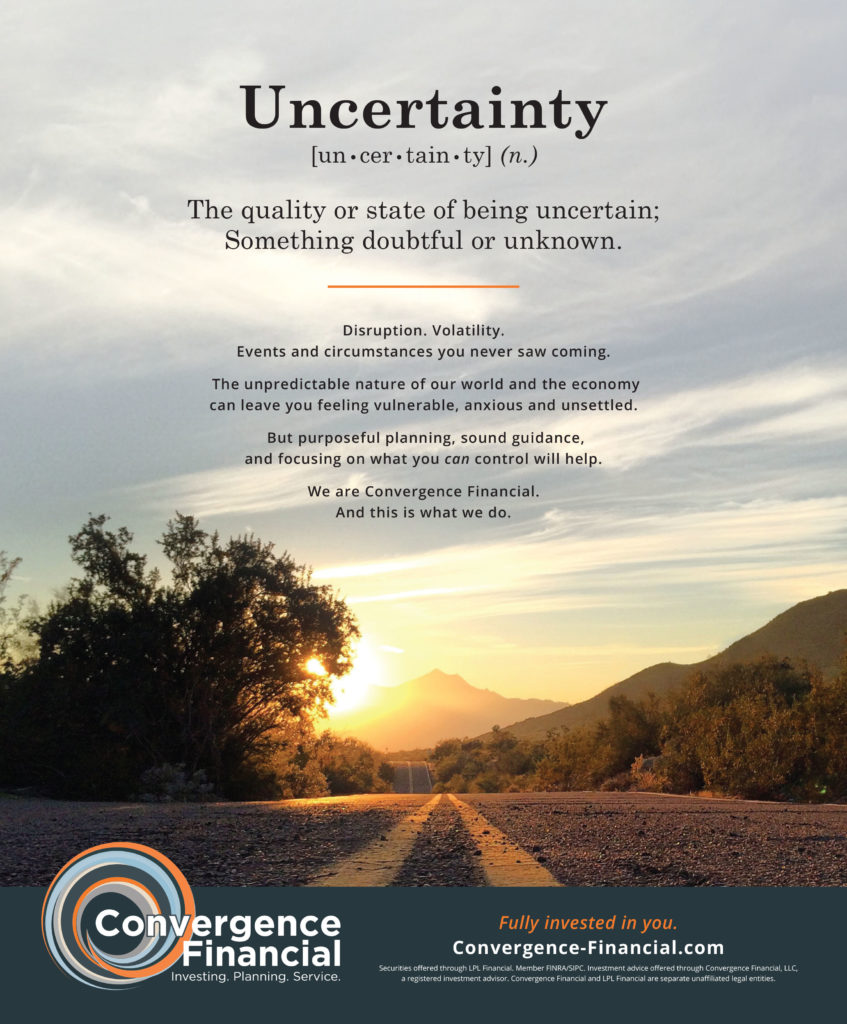Common Behavioral Finance Biases
By Heather Hoffman, Marketing and Communications Specialist
12/10/2023
Behavioral biases in finance can be detrimental to your goals. Being able to recognize, and avoid, these common pitfalls can save you time, money, and unnecessary stress.
Overconfidence
Overconfidence bias happens when a person overestimates their abilities. This overestimate could come from luck in prior experience. Because it happened, they believe they had to have done something right, and they can do it again. It could also come from the overabundance of knowledge that is accessible online regarding investing. Because they read it and did research into it, it can be assumed that it will work out in their favor. Wherever their confidence originates from, it can lead to rash and poor decision making.
How to Avoid:
Allowing in other perspectives is key to beating overconfidence bias. This comes with analyzing the situation and seeing it from different points of view. Why did that investment really succeed in the past? Where did that investment advice originate? When you analyze your experience and perceived knowledge, it helps to slow you down and consider all possibilities. When you are not only thinking of the best-case scenario, you might find it’s not worth the risk if things go south.
Regret Aversion
When you make a decision just because you don’t want to regret the alternative, you are succumbing to regret aversion. The threat of regretting something can seem ominous and weigh heavy on your decision-making process.
How to Avoid:
Often, the expected future regret is overestimated. People believe that the alternative outcome will be worse than what it actually is. Buying and selling stocks often brings regret aversion. If profits are lowering, you don’t want to regret not selling when you could have. If a certain stock is prevailing, you don’t want to regret not being a part of it. A good way to take the emotion out of this is to set trading rules. Know what your goals are and stick to them. Keeping consistent can help to take emotion out of it.
Herd Mentality
Herd mentality refers to when an individual goes along with the behavior and decisions of a larger group without their own personal research to back up their choice. It eliminates personal thinking and reasoning, and it creates a false sense of security.
How to Avoid:
Following the crowd does not always produce negative results. Choosing a popular path can be a good starting point, but it should not be the final step. The key is to do your own background research. Choosing investments should be a well-thought out process, and it shouldn’t come without personal research.
Loss Aversion
Loss aversion occurs when investors are more focused on trying to avoid a loss than they are on making gains. Experiencing a loss can foster fear of future losses, and it is said to produce an emotion twice as strong as enjoying a gain. Because of this, investors often allow an investment to hold for longer than they should to try and avoid this feeling. They don’t feel it’s a real loss until the investment is officially closed. Often, the end result is a much larger loss than they should have.
How to Avoid:
Diversifying your investment portfolio can help to avoid loss aversion. When you know your assets are spread among different accounts, one loss isn’t as impactful. You still have other investments to fall back on, and you could still end in a gain overall.
Bottom Line
With any behavioral financial bias, the first line of defense is acknowledgement and understanding of the potential downfall. It is naïve and dangerous to believe that your way of thinking is always correct. When you can recognize your potential faulty preconceived notions, avoidance comes much more naturally. When speaking with your financial advisor, or when searching for a new one, keep these in mind and ask how they plan to overcome these biases.
The opinions voiced are for general information only and are not intended to provide specific advice or recommendations for any individual.



